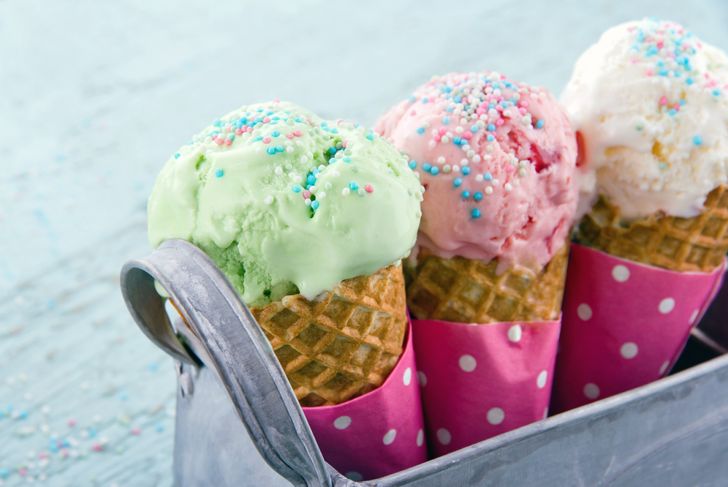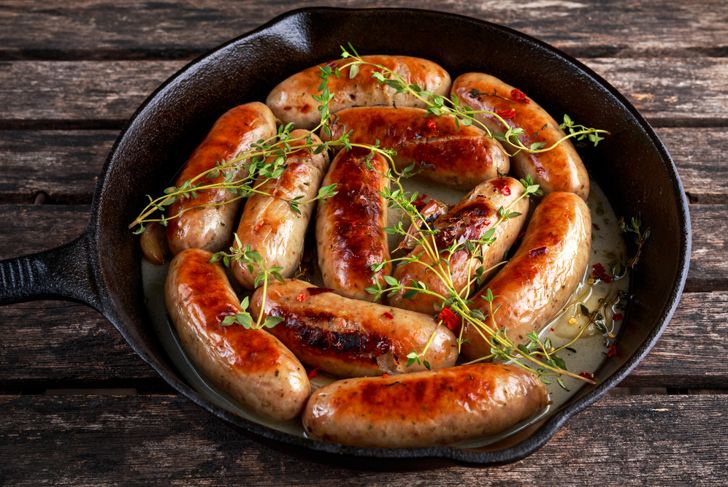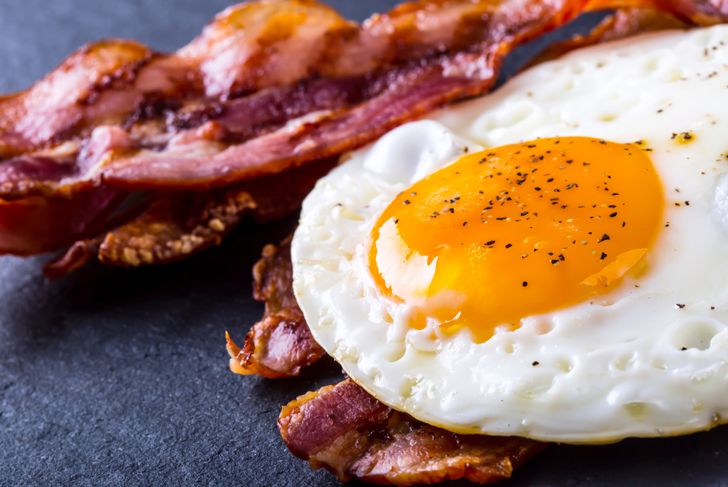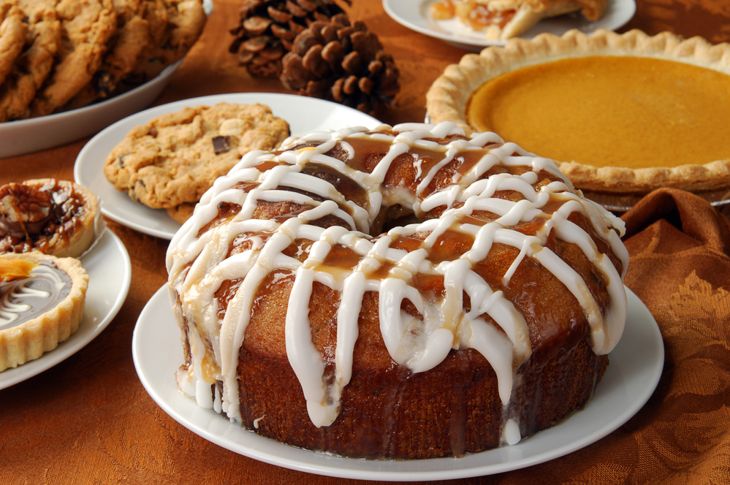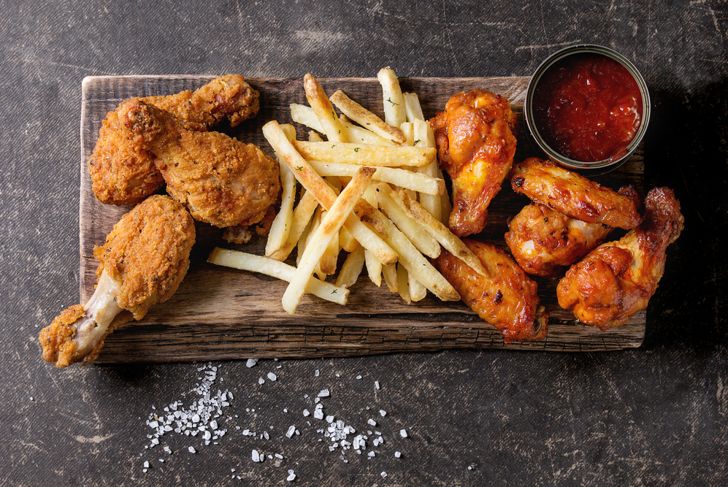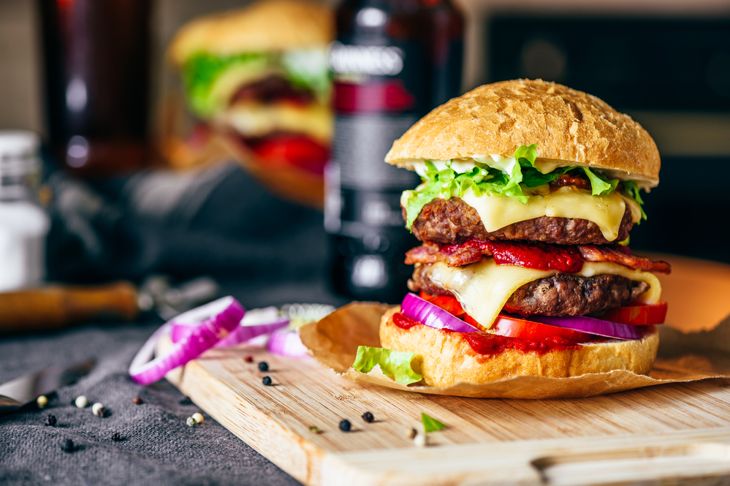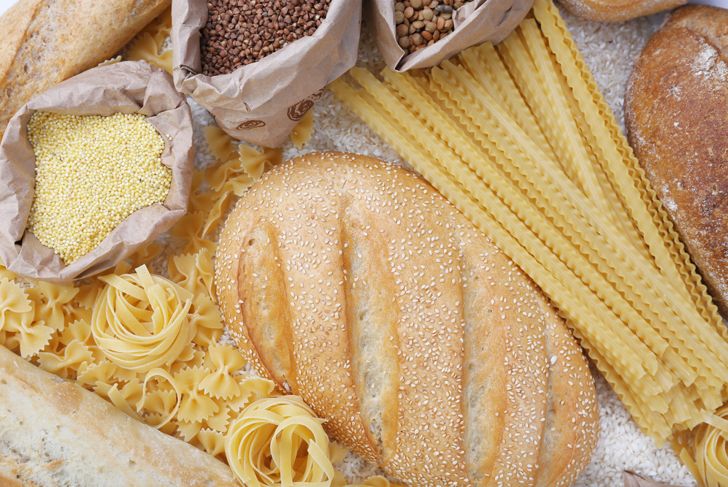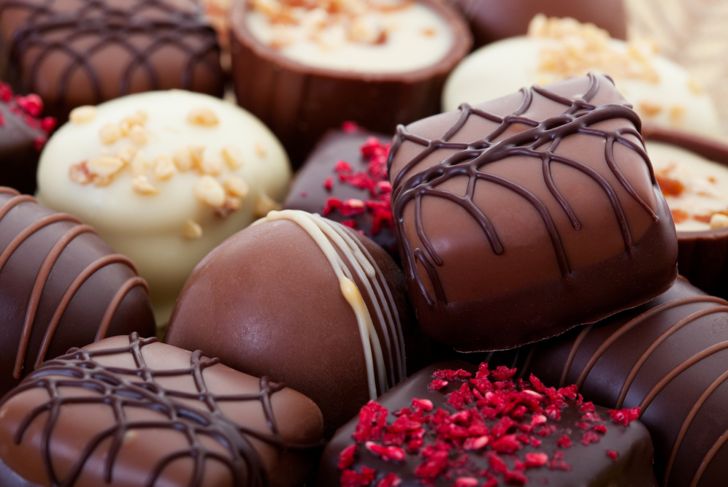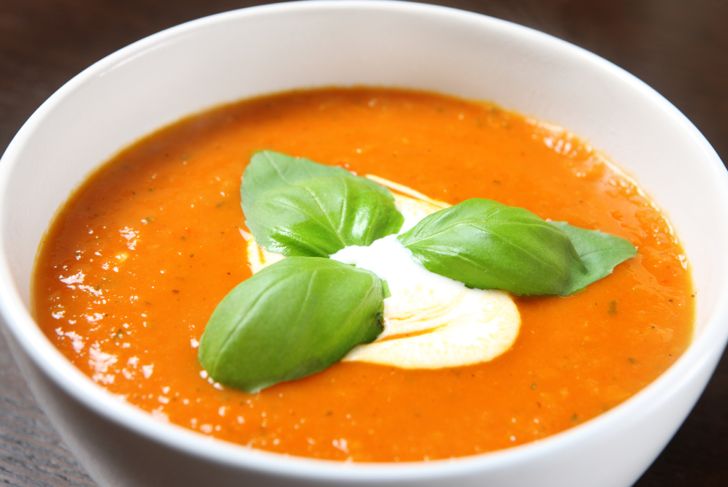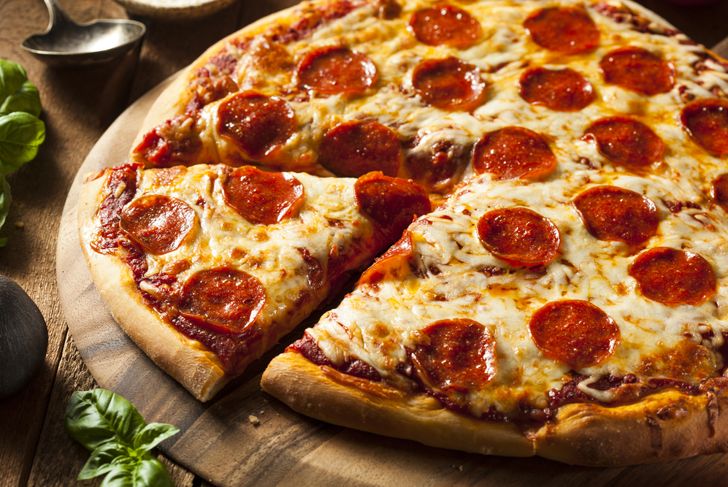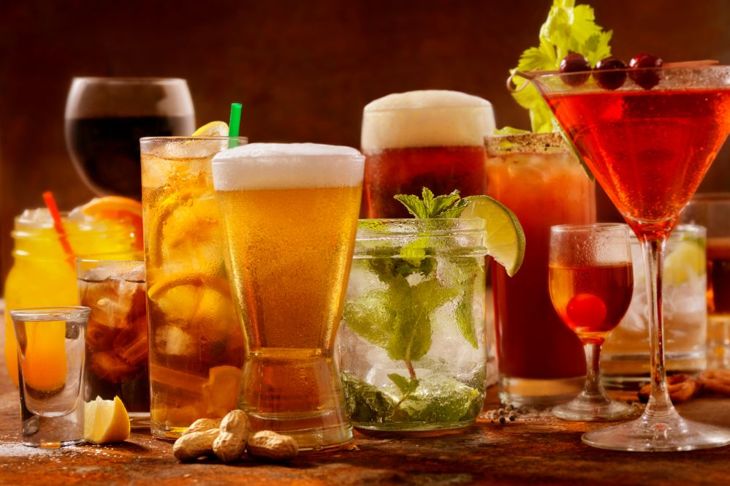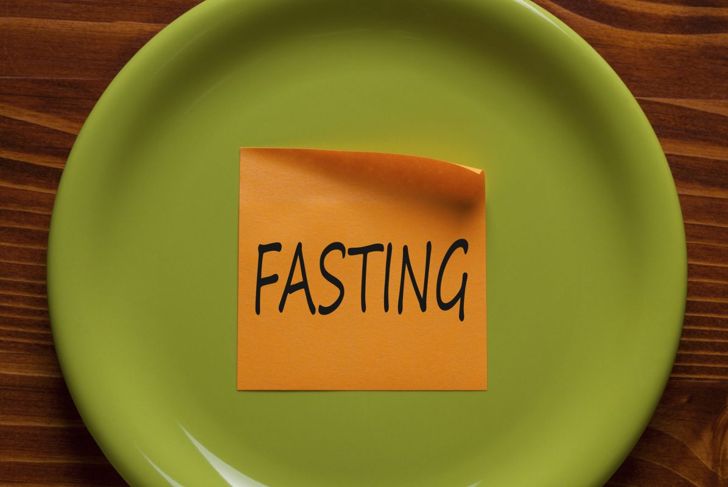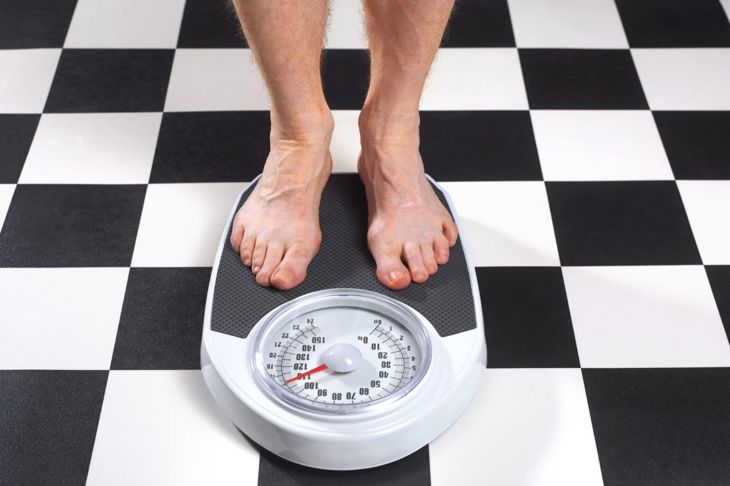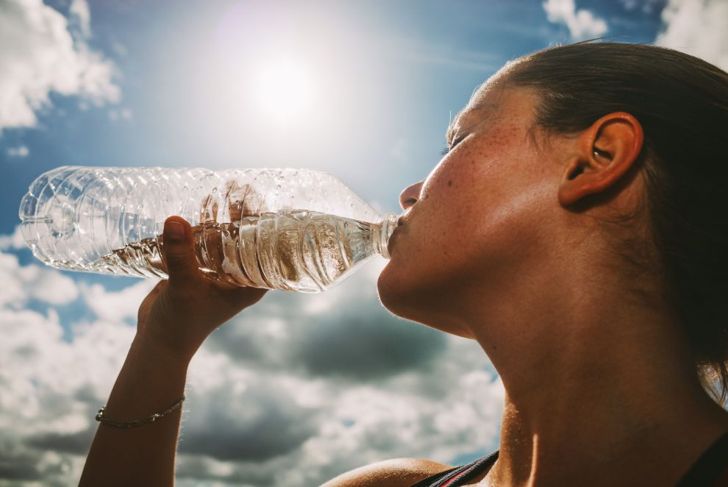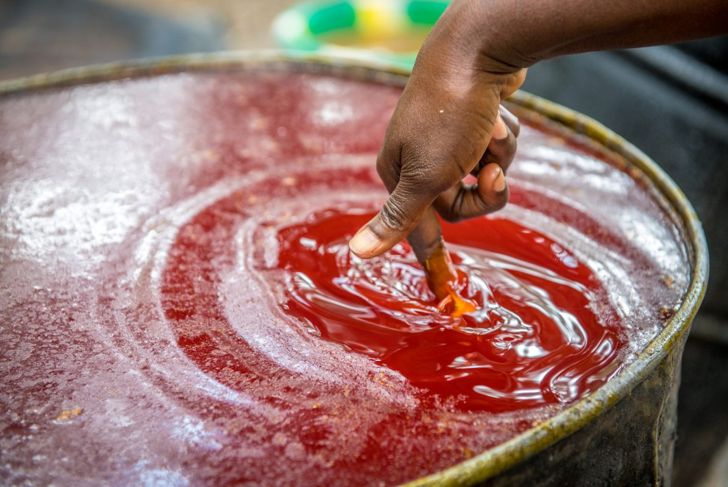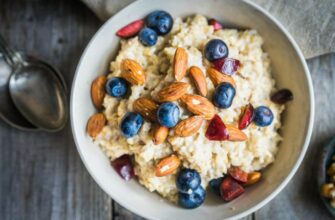Underneath the liver is a small organ called the gallbladder, the purpose of which is to assist the liver by storing, concentrating, and secreting bile to aid in the digestion of fatty foods. Because the liver can manage this task on its own in most cases, some people with gallbladder problems — which causes painful abdominal cramps — have the organ removed, though surgery is often the last resort, and dietary changes can successfully alleviate symptoms. Eliminating or reducing consumption of harder-to-digest foods can prevent uncomfortable aches and pains.
High-Fat Dairy Foods
People with sweet tooth might have to find other ways to curb their cravings if they are to adequately manage their gallbladder issues. In addition to treats like ice cream, high-fat dairy foods such as yogurt, sour cream, cottage cheese, and homogenized milk can also aggravate gallbladder problems. Low-fat varieties of ice cream, cheese, and other dairy foods can be easier to digest without uncomfortable cramps, but it is best to discuss with a doctor or nutritionist first.
High-Fat Meats
Canned meats, as well as certain cuts of pork, beef, and chicken, are best avoided by people who face issues such as gallstones. Other meats with high-fat content include processed sausage and hot dogs, and of course deli meats. Lean products such as turkey and fish or seafood can be swapped in for animal-based protein, and tofu is a viable meat alternative.
Eggs
This staple breakfast item is a versatile favorite. Unfortunately, no matter how you cook them, eggs are high in fat. Consuming foods high in fat can create problems like gallstones for people who already deal with gallbladder issues. Poaching eggs lowers the fat content, and egg whites may be fine to consume once in a while, but these individuals should skip fried eggs and meals containing egg yolks.
Baked Goods
More sweets show up on the list of foods to avoid gallbladder issues. Cookies, cupcakes, and pies fall into this category, too, as they and other baked goods are often high in both saturated and trans fats. Troubles with the gallbladder mean the organ cannot process these types of fats properly. As with other items on this list, low-fat options could suffice to ease cravings.
Fried Foods
Greasy, deep-fried foods are not healthy for anyone, but they are especially detrimental to people with gallbladder problems. Pastries, onion rings, and fried chicken will only lead to abdominal cramps and stomach pains. Fast food joints are tempting after a busy day, but the side effects of this indulgence will quickly remind most people why these foods are best avoided.
Restaurant Foods
Fast food restaurants aren’t the only problematic locations. Sit-down family spots generally use the same type of kitchen equipment and cooking processes. Adding excess butter, sugar, and lard to already unhealthy foods, or those that sound healthy on the menu is a sure-fire way to upset the gallbladder. When eating out, people with gallbladder issues shouldn’t hesitate to inquire about the items on offer. Often, there will be a few suitable choices without additives.
Refined, White-Flour Foods
White variations of bread, pasta, and rice are less healthy than whole-grain and wheat versions. Not only do they tend to be high in sugar, but they also adversely affect the gallbladder. Whole wheat or rye toast and whole wheat pasta are better options when the goal is to protect this tiny organ. Wild or brown rice is also more nutritious than white rice.
Chocolate
A bite or two of chocolate should not cause too much aggravation to the gallbladder. However, regular candy bar consumption or excessive chocolate milk — which contains multiple culprits on this list — is likely to lead to stomach upsets. Cutting sweetened chocolate from the diet should result in reduced gallbladder issues.
Creamy Soups and Sauces
Ordering a bowl of creamy tomato basil soup might seem like a tasty and healthy start to a meal, but cream soups and sauces will often trigger gallbladder symptoms. Broth soups are a good alternative, as are those made with non-dairy alternatives such as cashew cream or almond milk. Keep in mind that some broth soups could contain other problematic ingredients, such as processed meat.
Pizza
The ingredients in pizza, listed individually, cover a number of points on this list, from creamy sauce to high-fat dairy, to processed meat, and white flour dough. The combination of eating all these foods at once could exacerbate the gallbladder and cause uncomfortable symptoms. Homemade pizza that swaps out problematic ingredients for healthier options is one way to enjoy this favored meal without the consequences.
Soda and Alcohol
Sugar-sweetened beverages like soda contribute to weight gain and diabetes development. In a 13-year follow-up study, high consumption of soft drinks led to an increased risk of gallbladder and extrahepatic biliary tract cancers. By contrast, research shows that moderate or periodic alcohol consumption does not have a negative effect on the gallbladder’s ability to empty, and may actually protect against gallstones.
Avoid Skipping Meals
For some, fasting or purposely skipping meals feels inescapable due to a busy lifestyle. However, doing so can trigger an attack by decreasing gallbladder motility or contractions. Fewer contractions mean the organ does not empty completely, leading to a backup of bile that’s not being used to break down food. Cholesterol increases and, over time, the fats harden into stones.
Lose Weight
Being overweight or obese increases the risk of a gallbladder attack in a few ways. People with obesity may have increased cholesterol, which puts them at risk. Additionally, the excess weight they carry, especially around the hips and thighs, makes it harder for the gallbladder to empty, leading to stone development. Finally, those who are obese may have larger gallbladders that don’t work as effectively. Losing weight reduces all of these risk factors, but it must happen gradually. Fast weight loss, such as what happens after weight-loss surgery, automatically puts individuals at a higher risk of gallstones.
Drink Lots of Water
Staying hydrated has unlimited benefits, including preventing gallbladder attacks. Bile acids rise with every meal, and drinking water throughout the day dilutes this potentially irritating liquid. As a result, the organ empties more frequently, lowing the chances of stone formation. This is probably the simplest way to prevent many gallbladder problems.
Palm, Peanut, and Coconut Oils
Certain fats are considered healthy for the body, in general, and for the gallbladder in particular, depending on their composition. Palm, peanut, and coconut oils can play a part in lowering cholesterol and gallbladder attack risks. Red palm oil is a great source of vitamins A and E, peanut oil has magnesium, and virgin coconut oil helps with digestion. However, the hydrogenated forms of these and other oils tend to undo many of the benefits and increase the risk of gallstones.

 Home
Home Health
Health Diet & Nutrition
Diet & Nutrition Living Well
Living Well More
More